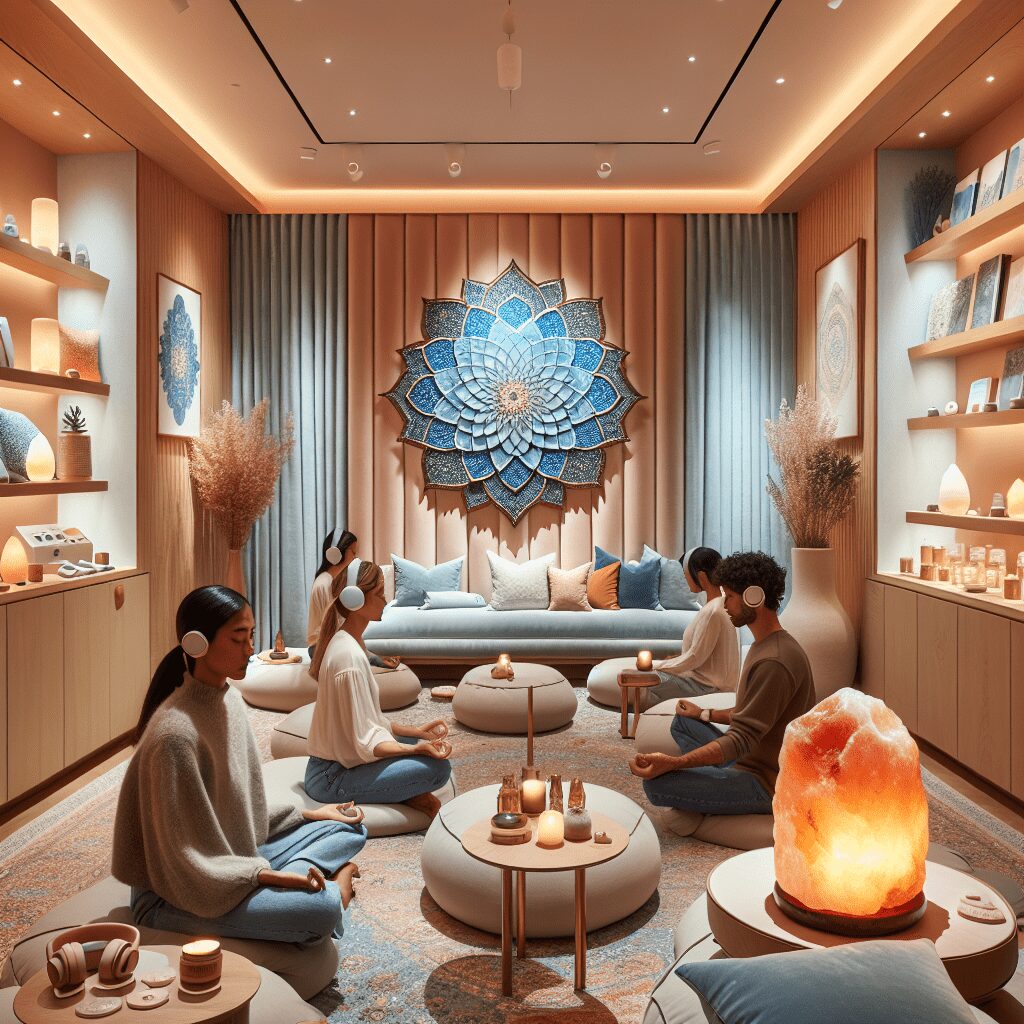
Prioritize your mental well-being daily. Enhance your life by nurturing your mental health with the Smart Meditation app. Break free from stress, alleviate anxiety, and enhance your sleep quality starting today.
Can Matcha Cause Anxiety?
Unraveling the Mysteries of Matcha: Is Anxiety a Side Effect?
In the vast world of teas, Matcha, a traditional Japanese green tea, takes center stage with its vibrant hue and remarkable health benefits. Touted for its antioxidants, Matcha has long been a darling in the wellness community. However, amidst the praises, a question lingers – can Matcha cause anxiety? It’s time to sift through the facts, myths, and in-betweens.
The Buzz Behind the Beverage
Matcha is not your run-of-the-mill green tea. It’s a power-packed, shade-grown delicacy, finely ground into a powder, which means you’re ingesting the whole leaf. This aspect alone skyrockets its antioxidant levels, making it a heavyweight in the health beverage arena.
But here’s the kicker: Matcha contains caffeine, a known stimulant. While it’s lesser in quantity compared to your standard espresso shot, it’s the way caffeine interacts with L-theanine, a unique amino acid present in Matcha, that we oughta ponder over. L-theanine promotes relaxation without drowsiness – a bit of a paradox, ain’t it? It’s like the body’s version of calm dynamite, offering a steady, jitter-free energy boost.
Now, onto the million-dollar question – can this caffeine and L-theanine duo be a recipe for anxiety?
The Caffeine Conundrum
For starters, caffeine sensitivity varies wildly from one person to the next. While one individual might chug an espresso and snooze like a baby, another could get the jitters from a decaf latte. So, when we talk about Matcha potentially causing anxiety, it’s a tad complex.
-
Caffeine Sensitivity: If you’re sensitive to caffeine, even the modest amount in Matcha could potentially set your heart a-flutter, leading to anxiety or nervousness.
-
Dosage Matters: Overindulging in Matcha? You might wanna hit the brakes. Excessive consumption can tip the scales, turning the serene L-theanine vibes into a caffeine-induced rollercoaster ride.
-
It’s All About Balance: Remember, L-theanine is playing for team tranquility. It works to counterbalance the excitatory effects of caffeine, promoting a state of alert relaxation. But, it’s still no match for the unbridled enthusiasm of caffeine in high doses.
Finding Your Zen with Matcha
So, where does this leave our Matcha enthusiasts who are wary of anxiety?
-
Moderation is Key: Start with a smaller serving if you’re new to Matcha or know you’re sensitive to caffeine. Listen to your body – it’s the best judge.
-
Quality Counts: Not all Matcha is created equal. Invest in a high-quality, ceremonial-grade Matcha. Lower quality options might skimp on the L-theanine, leaving you more susceptible to the jitterbug.
-
Pairing is Power: Combine your Matcha with a calming ritual. Perhaps a mindfulness session or light stretching. It’s about creating a holistic experience that invites calm.
To wrap it up, while Matcha might cause anxiety in some, particularly those with a low caffeine threshold or a penchant for overindulgence, it’s not a one-size-fits-all scenario. By approaching this vibrant green elixir with awareness and moderation, you can harness its benefits while keeping the potential for anxiety at bay. After all, a cup of Matcha should be an invitation to serenity, not a prelude to a caffeine cliffhanger.





